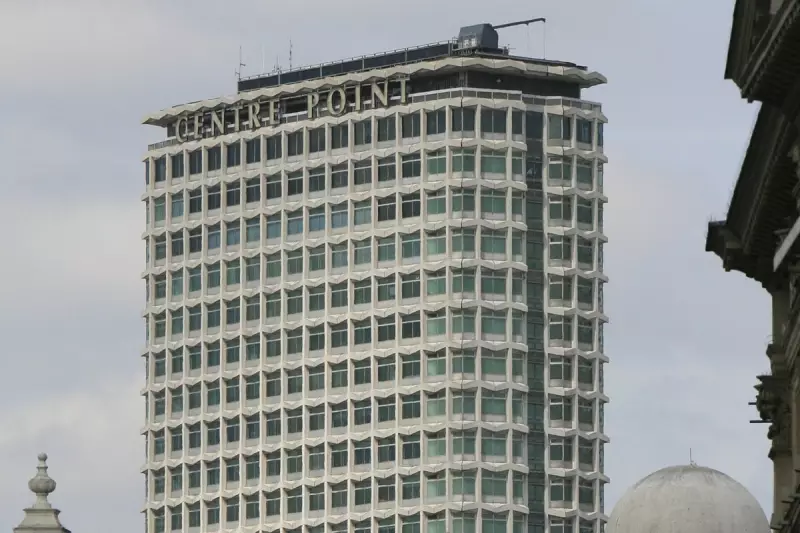
In a stunning development that has sent shockwaves through Westminster, Shadow Home Secretary Yvette Cooper has been named on a US Treasury sanctions list due to her financial connections with a controversial Cambodian business magnate.
The Labour MP and her family received rental payments from a company ultimately controlled by Kith Meng, a Cambodian tycoon with documented ties to Myanmar's brutal military regime. This revelation comes as part of a sweeping US crackdown on international corruption networks.
The London Property Connection
At the heart of the controversy is a London property owned by Cooper's family, which was leased to Kudmane Holdings, a UK-based subsidiary of Kith Meng's Royal Group. The Cambodian magnate, often described as one of his country's most powerful businessmen, has faced international scrutiny for his business relationships with the Myanmar military.
Cooper's office has confirmed the rental arrangement but emphasised the MP had no knowledge of the ultimate ownership structure. "The lease was agreed through a reputable UK estate agent to a British-registered company," a spokesperson stated.
US Treasury Takes Action
The US Treasury Department's Office of Foreign Assets Control (OFAC) has imposed sanctions on Kith Meng and several associated entities, including Kudmane Holdings. The measures freeze any US assets and prohibit Americans from conducting business with the designated parties.
In official documentation, the Treasury Department highlighted Meng's "long-standing business relationships with Myanmar's military regime," which has faced widespread condemnation for human rights abuses since seizing power in a 2021 coup.
Political Fallout in Westminster
The timing could hardly be worse for the senior Labour figure, who currently serves as Shadow Home Secretary and has built her reputation on transparency and ethical standards in public life. Opposition politicians have called for immediate clarification about what due diligence was conducted regarding the tenant.
Political analysts suggest the situation presents a significant challenge for Cooper, who has previously advocated for stronger measures against international corruption and human rights abuses. The revelation may prompt questions about the financial arrangements of all parliamentarians and their exposure to international business figures with questionable human rights records.
Broader Implications
This case highlights the complex web of global financial connections that can ensnare unwitting public figures. It also demonstrates the increasing reach of US sanctions policy, which can now impact British politicians through seemingly routine domestic business arrangements.
As international regulatory scrutiny intensifies, more public figures may find themselves facing similar uncomfortable revelations about their financial connections to sanctioned entities abroad.





